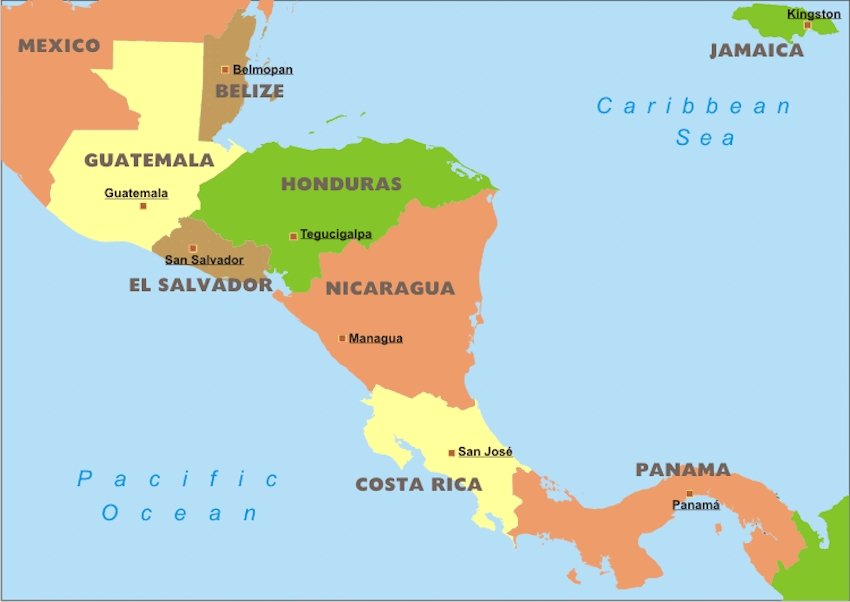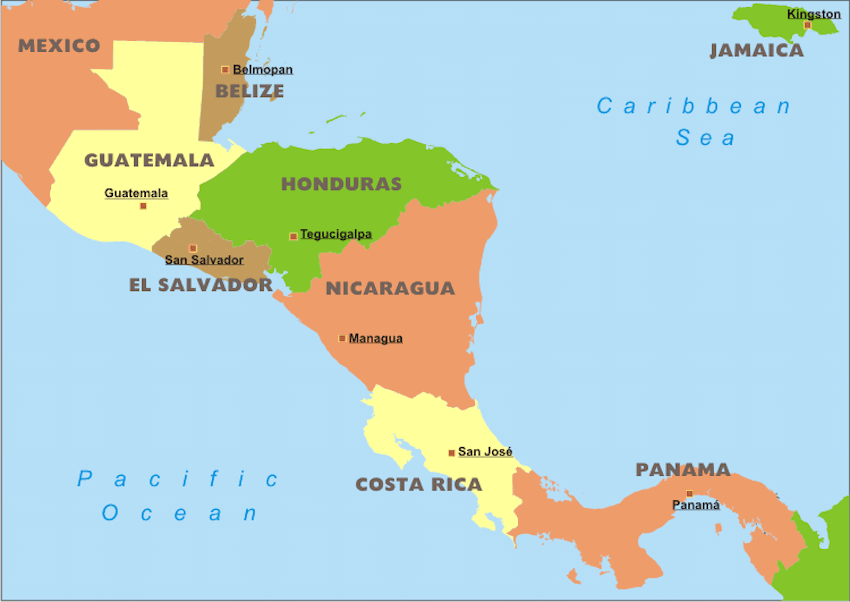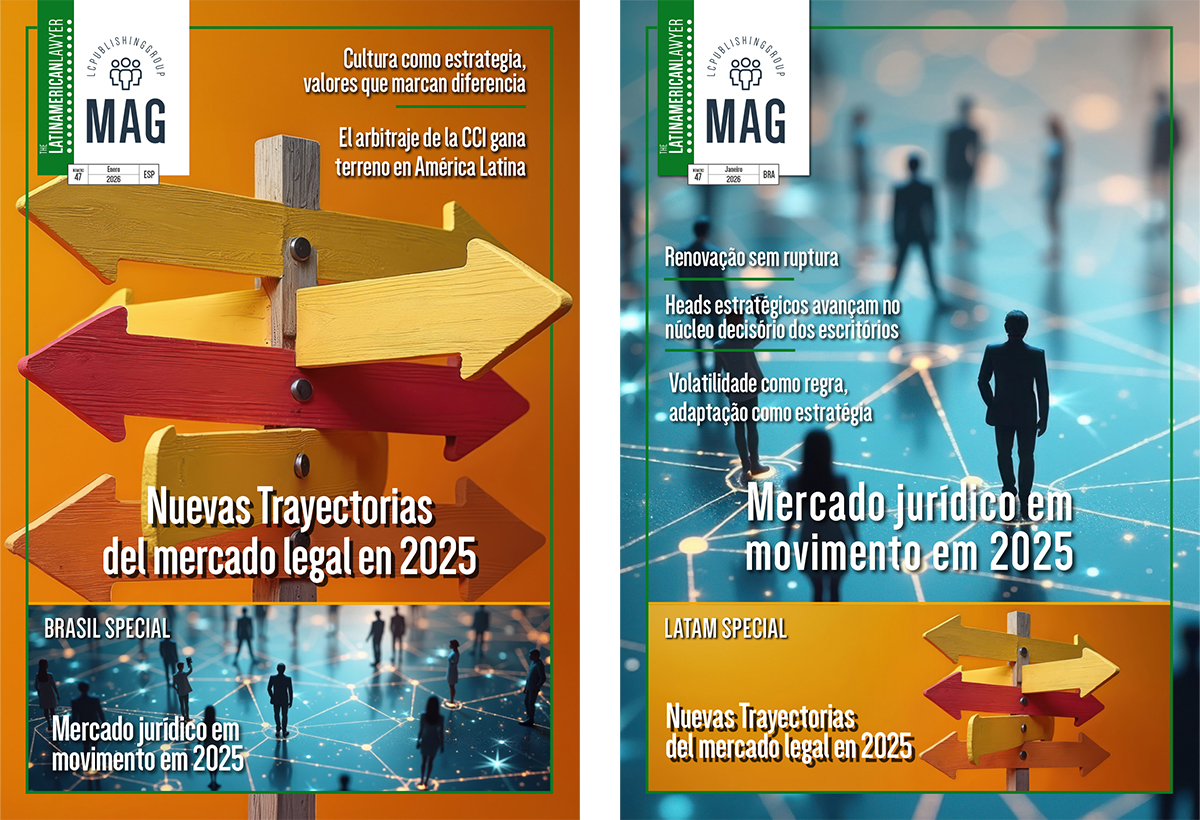BLP launches anti-money laundering compliance practice

BLP Legal has opened an anti-money laundering compliance practice, and whose staff will address issues facing financial institutions and other entities that manage assets.
 The practice will be staffed by a group of professionals with extensive experience in anti-money laundering procedures and the implementation of regulatory and voluntary compliance programs, the law firm, which has offices in Costa Rica, El Salvador, Guatemala, Honduras, Nicaragua and Spain, said.
The practice will be staffed by a group of professionals with extensive experience in anti-money laundering procedures and the implementation of regulatory and voluntary compliance programs, the law firm, which has offices in Costa Rica, El Salvador, Guatemala, Honduras, Nicaragua and Spain, said.
“The introduction of the new practice area was necessitated by the international community’s ongoing development of strategies for the prevention of money laundering and the financing of terrorism,” the law firm added.
“For years, Costa Rica has pursued an active policing trend, approving regulations that initially involved financial entities, then the subjects that manage third-party funds, and most recently, commercial enterprises and non-designated professionals.
Current legislation, which incorporates the risk-based approach (RBA) to crime detection, imposes the obligation to establish criteria and policies, due diligence, and reporting procedures not only on financial institutions, but also on lenders, credit and debit card operators, wire transfer remitters, jewelers, developers and real estate brokers, lawyers and notaries, and any other entity that exchanges money in the course of doing business,” the firm added.
BLP’s anti-money laundering compliance practice provides legal services such as registration with the general superintendence of financial entities, structuring an RBA framework encompassing policies, programs, rules and procedures of the entity, including compliance manuals and ‘know your client’ evaluations, as well as monitoring an entity’s adherence to regulations, along with a periodic review of compliance.
It also provides due diligence processes, appraisal of legal risks and advice on the structuring and functioning of the responsible support bodies, such as the board of directors, compliance committee, internal auditors, technological service providers and risk managers.















